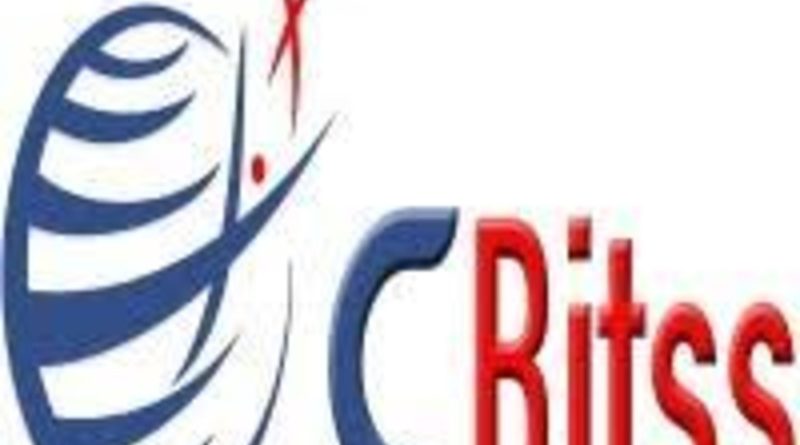What is a professional makeup artist course?
What is a Professional Makeup Artist Course?
Introduction
What is a professional makeup artist course? A professional makeup artist course is a specialized training program designed to equip individuals with the skills, techniques, and knowledge required to excel in the field of makeup artistry. This course is ideal for those who aspire to work in various sectors of the beauty industry, including fashion, film, television, bridal, and editorial makeup. The course covers a range of topics from basic makeup application to advanced techniques, including special effects makeup.
Importance of Professional Makeup Artist Courses
Industry Demand
The beauty and makeup industry is rapidly growing, with increasing demand for skilled makeup artists in:
- Fashion Shows: Makeup artists are essential for creating stunning looks for runway models.
- Film and Television: Professionals are needed to enhance actors’ appearances and create special effects.
- Bridal Makeup: Brides require expert makeup artists for their big day.
- Editorial and Advertising: High fashion magazines and advertisements need unique and creative makeup designs.
Professional Growth
Completing a professional makeup artist course offers numerous benefits:
- Skill Development: Gain hands-on experience with various makeup techniques.
- Credibility: Certification from a recognized institution adds credibility.
- Networking: Opportunities to connect with industry professionals.
- Career Opportunities: Opens doors to diverse roles within the beauty industry.
Core Components of a Professional Makeup Artist Course
Basic Makeup Techniques
Every course starts with the fundamentals:
- Skin Preparation: Cleansing, moisturizing, and priming techniques.
- Foundation Application: Matching skin tones and blending foundations.
- Concealing: Techniques to hide imperfections and enhance features.
Advanced Makeup Techniques
Courses delve into more specialized areas:
- Contour and Highlighting: Sculpting the face using light and shadows.
- Eye Makeup: Various styles including smokey eyes, cut crease, and natural looks.
- Lip Art: Techniques for creating bold and unique lip designs.
Special Effects Makeup
For those interested in film and television:
- Prosthetics: Applying and creating prosthetic pieces.
- Fantasy Makeup: Designing and applying makeup for fantasy characters.
- Injury Simulation: Creating realistic injuries, scars, and wounds.
Bridal and Event Makeup
Specialized training for high-stakes events:
- Bridal Makeup: Long-lasting techniques for weddings.
- Event Makeup: Techniques for proms, photoshoots, and special events.
- Cultural Variations: Understanding and applying makeup for different cultures and traditions.
Practical Training and Workshops
Hands-On Practice
A significant part of the course involves practical training:
- Live Models: Practicing on live models to gain real-world experience.
- Workshops: Intensive sessions focusing on specific techniques.
- Portfolio Building: Creating a professional portfolio to showcase your work.
Industry Exposure
Courses often provide opportunities for real-world experience:
- Internships: Placements in salons, fashion shows, or production sets.
- Guest Lectures: Insights from established makeup artists and industry leaders.
- Competitions: Participating in makeup competitions to gain recognition.
Choosing the Right Professional Makeup Artist Course
Accreditation and Certification
Ensure the course is accredited by reputable organizations:
- Recognized Institutions: Choose courses offered by well-known beauty schools.
- Certification: Ensure the course provides a certificate upon completion.
Curriculum and Instructors
Evaluate the course content and the expertise of instructors:
- Comprehensive Curriculum: Ensure the course covers both basic and advanced techniques.
- Experienced Instructors: Instructors should have significant industry experience.
Facilities and Resources
The training environment should be conducive to learning:
- Modern Equipment: Access to the latest makeup products and tools.
- Learning Environment: A well-equipped and professional setting.
Alumni Success Stories
Research the success of past students:
- Job Placements: High placement rates in reputable organizations.
- Industry Achievements: Alumni working with top brands and in high-profile roles.
Leading Institutions Offering Professional Makeup Artist Courses
London School of Makeup
Renowned for its comprehensive courses and industry connections.
- Course Duration: Various options from short courses to full diplomas.
- Specializations: Fashion, bridal, and special effects makeup.
Cinema Makeup School, Los Angeles
Known for its focus on special effects and prosthetic makeup.
- Course Duration: Intensive programs lasting several months.
- Specializations: Special effects, character design, and film makeup.
Makeup Designory (MUD)
Offers a range of courses with a strong emphasis on practical training.
- Course Duration: From 3-month certificates to 1-year diplomas.
- Specializations: Beauty makeup, special effects, and airbrush techniques.
Blanche Macdonald Centre, Vancouver
Highly respected for its diverse curriculum and industry placement support.
- Course Duration: 1-year diploma programs.
- Specializations: Fashion, bridal, and special effects makeup.
Success Stories
Jane’s Transformation from Hobbyist to Professional
Jane started with a passion for makeup, enrolling in a professional course. Today, she works as a sought-after freelance makeup artist, collaborating with top fashion brands and photographers.
Mark’s Journey from Corporate to Creative
Mark transitioned from a corporate job to follow his passion for makeup. After completing a professional makeup artist course, he now works in film and television, creating stunning special effects makeup.
Conclusion
A professional makeup artist course is an invaluable investment for anyone looking to build a career in the beauty industry. These courses provide the skills, knowledge, and experience necessary to succeed as a makeup artist. Whether your interest lies in fashion, film, bridal, or special effects makeup, there is a course tailored to your needs. By choosing a reputable institution, engaging in practical training, and building a strong portfolio, you can embark on a successful and fulfilling career in makeup artistry.

